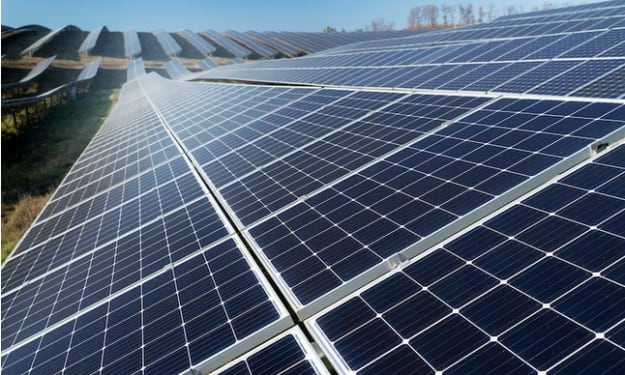Shining a Light on Solar Recycling: Sustainable Solutions for Renewable Energy Waste
solar recycling

Introduction:
Solar energy has emerged as a promising and sustainable alternative to conventional sources of energy. With the increasing global demand for renewable energy, solar panels have gained significant popularity due to their ability to harness the power of the sun and convert it into electricity. However, as the lifespan of solar panels is limited, the issue of solar panel waste management has become a growing concern. In response to this challenge, the concept of solar recycling has gained traction as a means to mitigate environmental impact and maximize the value of discarded solar panels.
About Solar Recycling:
Solar recycling refers to the process of recovering valuable materials and components from retired or damaged solar panels for reuse or repurposing. This approach aims to reduce the environmental impact associated with solar panel disposal while promoting the circular economy. Through recycling, valuable resources, such as silicon, aluminum, glass, and rare earth elements, can be extracted and reintegrated into the production of new solar panels or other industries, thus reducing the reliance on virgin materials and minimizing waste.
The solar recycling process typically involves several key steps. Firstly, the collection and transportation of end-of-life solar panels take place. This can be facilitated through partnerships between manufacturers, government entities, and recycling companies. Once collected, the panels undergo disassembly, where different components, such as the glass, metals, and semiconductors, are separated. These materials are then subjected to various recycling techniques, such as crushing, shredding, and melting, to recover valuable resources. Finally, the recycled materials are utilized in the manufacturing of new solar panels or repurposed for other applications.
FAQs (Frequently Asked Questions):
Q1. Why is solar recycling important?
A1. Solar recycling is crucial for minimizing the environmental impact of solar panel waste and reducing the depletion of natural resources. By recycling solar panels, valuable materials can be recovered, reducing the need for extracting new resources and mitigating the ecological footprint of the solar energy industry.
Q2. How are solar panels recycled?
A2. The recycling process involves collection, disassembly, and separation of components. The panels are then processed using various techniques like crushing, shredding, and melting to recover valuable materials such as silicon, glass, aluminum, and rare earth elements.
Q3. What happens to the recycled materials?
A3. The recycled materials can be reused in the production of new solar panels or repurposed for other industries. For instance, the recovered silicon can be used in the production of new solar cells, while glass and aluminum can be utilized in various manufacturing applications.
Q4. Are all solar panels recyclable?
A4. Most solar panels contain recyclable materials, but the ease of recycling may vary depending on the panel's design and composition. Advances in recycling technologies continue to improve the efficiency and effectiveness of the process.
Q5: What happens to solar panels at the end of their lifespan?
A: Solar panels at the end of their lifespan can be recycled. The materials can be disassembled and reused to create new solar panels.
Conclusion:
Solar recycling presents a significant opportunity to address the growing concern of solar panel waste management while promoting sustainability and resource conservation. By adopting effective recycling practices, we can minimize the environmental impact of the solar energy industry and ensure the responsible disposal of end-of-life solar panels. The development of efficient recycling techniques and collaborations among manufacturers, governments, and recycling companies are vital to establishing a robust solar recycling infrastructure. Embracing solar recycling not only helps preserve valuable resources but also contributes to the growth of a circular economy, where waste is minimized, and materials are reused in a sustainable manner. As the solar energy sector continues to expand, prioritizing solar recycling is crucial for a cleaner, greener, and more sustainable future.
About the Creator
Enjoyed the story? Support the Creator.
Subscribe for free to receive all their stories in your feed. You could also pledge your support or give them a one-off tip, letting them know you appreciate their work.





Comments
There are no comments for this story
Be the first to respond and start the conversation.